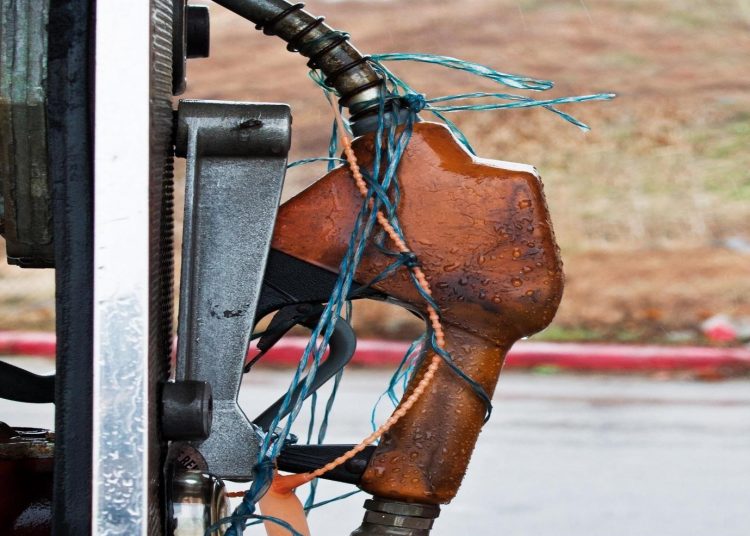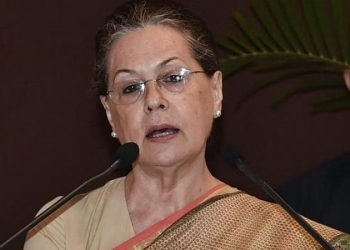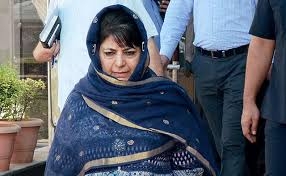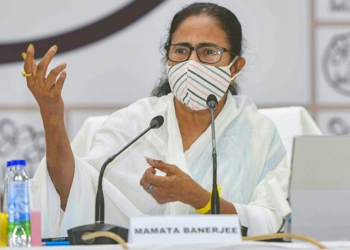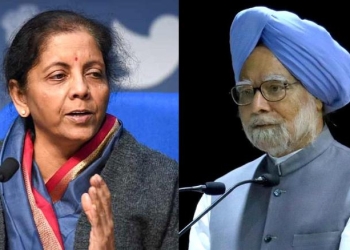Highly increasing fuel prices have become one of the loopholes for the ruling party as the elections stand ahead in certain states. Not only this, but the opposition has also found a way to corner BJP in the poll-bound states. With the elections planned to be held in four states and one union territory at the end of the month, there is a slight hypothesising that the government may reduce the fuel prices to provide relief to the consumers. There have also been consultations between the Centre and States to cut taxes on petrol and diesel.
High taxes hampering the growth of luxury car segment in India: Audi
Fuel prices have been skyrocketing over the past few months, breaking the psychological barriers of Rs100/litre in states like Rajasthan and Madhya Pradesh. Diesel is being sold at Rs80/litre all over the country, leading to an increase in transportation costs. For the information of the public, one should know that taxes on petrol and diesel are an important source for both the centre and the state to generate revenue. With the Covid-19 pandemic and the subsequent lockdowns, it has become relevant for the states to generate revenue.
The total revenue generated through taxes on fuel for both the Centre and States stands to be Rs5.5 lakh rupees annually. There have been a lot of debates about whether to bring fuel under GST or not? If fuel is brought under GST, then both the centre and the state will suffer a loss of Rs2.5 lakh crore annually as the highest tax slab. The COVID-19 impact has also played a major role in the spike in fuel prices. With the world under lockdown, the price of international benchmark Brent Crude had hit a historic low of $19 a barrel in April 2020.
Not only this, the Organisation of Petroleum Exporting Countries (OPEC) had cut the oil production by 9.7% million barrels per day in May 2020. Saudi Arabia also decided to cut the output by 1 million barrels per day through February and March. All this has led to an increase in fuel prices.

